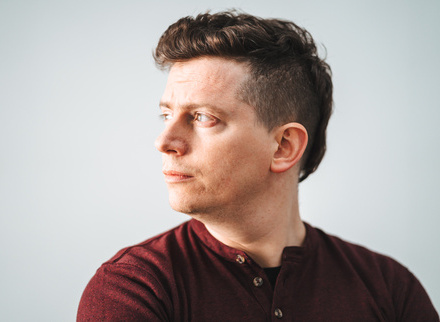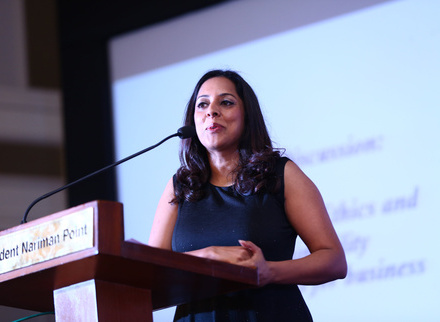
Taking that first step to seek help with the challenges you’re facing can be hard.
Every day, people like you reach out to us for support with a range of different situations, from everyday moments to life-changing events. There’s no one-size-fits-all solution. Whether it’s tackling wellbeing concerns or overcoming financial difficulties, everyone has their own story to tell.
Some of the people we’ve supported have shared their stories to show how the right kind of support at the right time can make all the difference.
If we’ve helped you, sharing your experience could help others. Talk to us about how to share your story.
hear from some of the individuals we've already helped
Our services are available online, over the phone and face-to-face. All support is offered in the strictest confidence and we never share information about you with anyone, including ICAEW.


